UK space investment sparks innovation and education opportunities

Research from ETL Systems, a leader in RF distribution equipment, has shown that the UK has made bold strides in becoming a key player in the global space sector, investing in ambitious projects, and nurturing the next generation of talent.
The research, which investigates how the G20 countries are fairing in terms of space investment and job availability, has highlighted how the UK’s space investment has grown from $271 million in 1990 to $1.45 billion in 2023.
This is a remarkable increase of 453% since 1990, with the UK chipping-in on high-investment space exploration such as the ExoMars mission, which has seen the UK contribute just under €300 million in 2022.
Overall, the UK ranked 7th among the G20 nations for space sector employment with nearly 49,000 people working in the industry.
In comparison, the US has invested the most in space-related enterprises since 1990, with an average spend of $73.2 billion in 2023 alone. In second place is China, which invested $14.15 billion in 2023 and Japan follows in third place with an investment of $4.65 billion.
The US has also taken the top spot for job availability – with over 360,000 in 2023 – showing that higher investment correlates to a bigger and more advanced workforce.
However, the data stresses that investing in space goes beyond funding missions; it also creates opportunities for jobs and training, fostering broader economic and workforce development.
Discussing the investment in fostering a new generation of space professionals, Joanna Gower, director of HR, people and culture at ETL Systems said:
“Space investment is more than just about funding missions, it’s about creating a robust ecosystem that drives innovation, supports economic growth and inspires future generations. The UK’s strategic approach to space not only emphasises its position on the global stage but also ensures that we are equipped to tackle the challenges and opportunities of tomorrow.
“The engineering sector is extremely tricky to get into and many university courses require the highest possible A-level grades in chemistry, maths and physics, while the courses themselves focus more on theory not practice. This means that many graduate engineers spend their first couple of years catching up on the skills they should already have from their studies.
“To support the future generation, we are a founding sponsor of the future engineering university in Hereford, the New Model in Technology and Engineering (NMiTE), which works to address the skills gaps. Our internship and summer programs at ETL Systems can also offer students, and recent graduates, the opportunity to gain valuable experience in space-related fields, including engineering, data analysis and systems integration.”
Peter Metcalfe, associate professor and academic lead for curriculum partners at NMITE, said:
“The space sector is not made up solely of professionals who excel at maths, chemistry and physics; all students bring their inherent strengths. Our role, as STEM professionals, is to focus our efforts on shaping their abilities to meet the demands of the industry.
“To do this, we need to invest more in widening the door to STEM opportunities, albeit through a change in university requirements or a drive for more businesses to offer practical internships and apprenticeships”
In 2024, ETL Systems launched its Digital Intermediate Frequency (DIF) technology and received nearly £700,000 in funding from the UK Space Agency (UKSA) to advance its innovative DIGITAL 1000 product line.


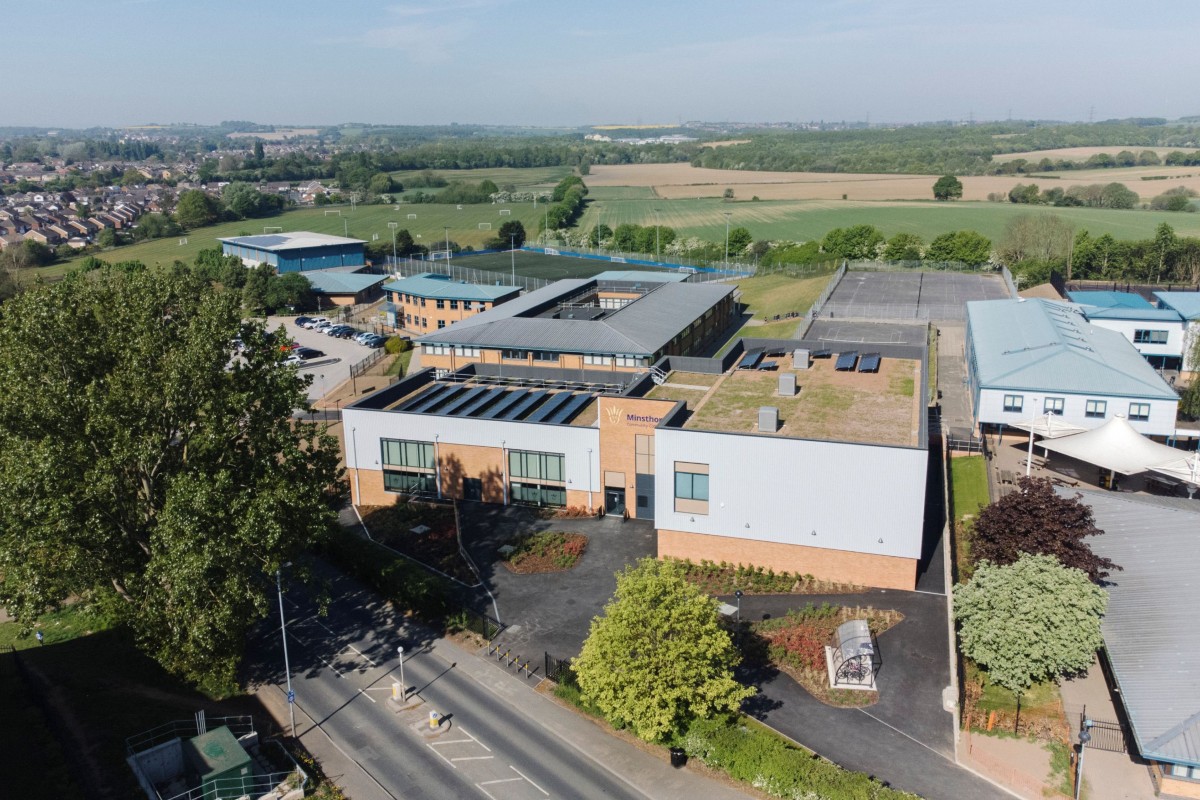
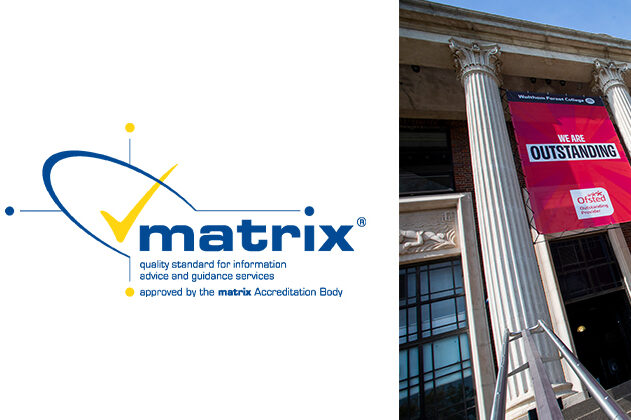

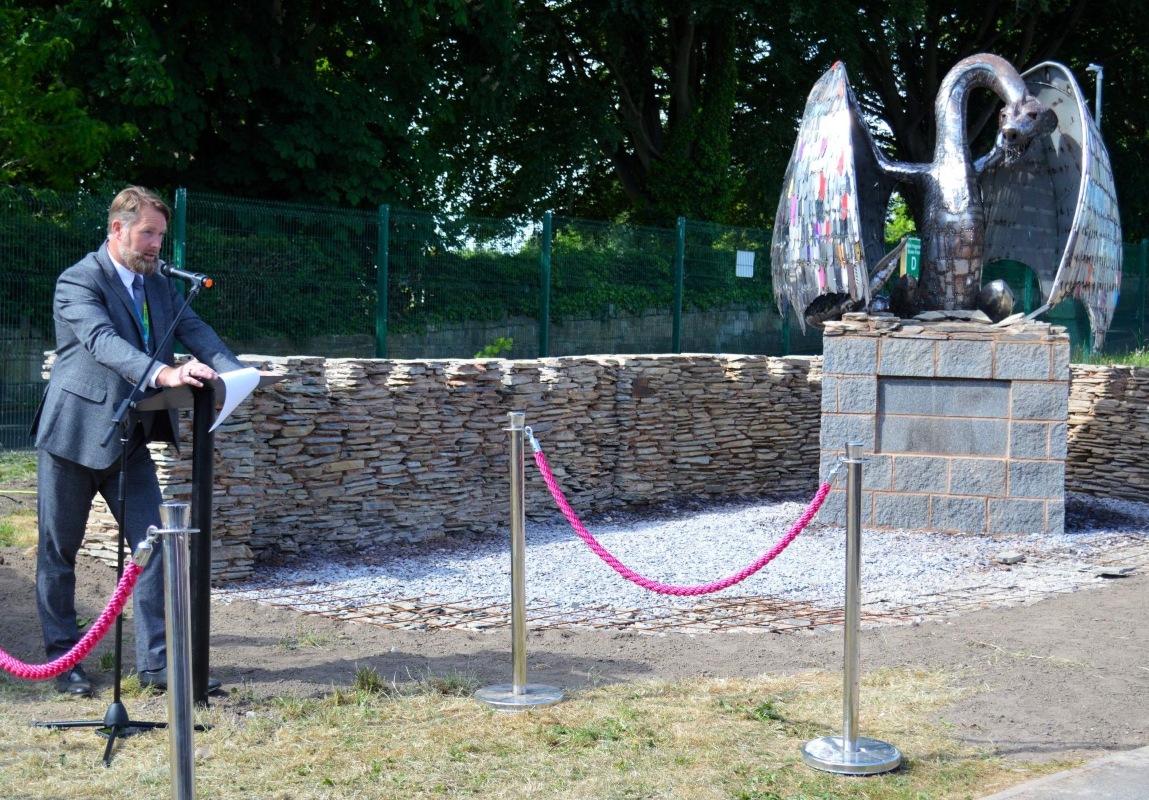
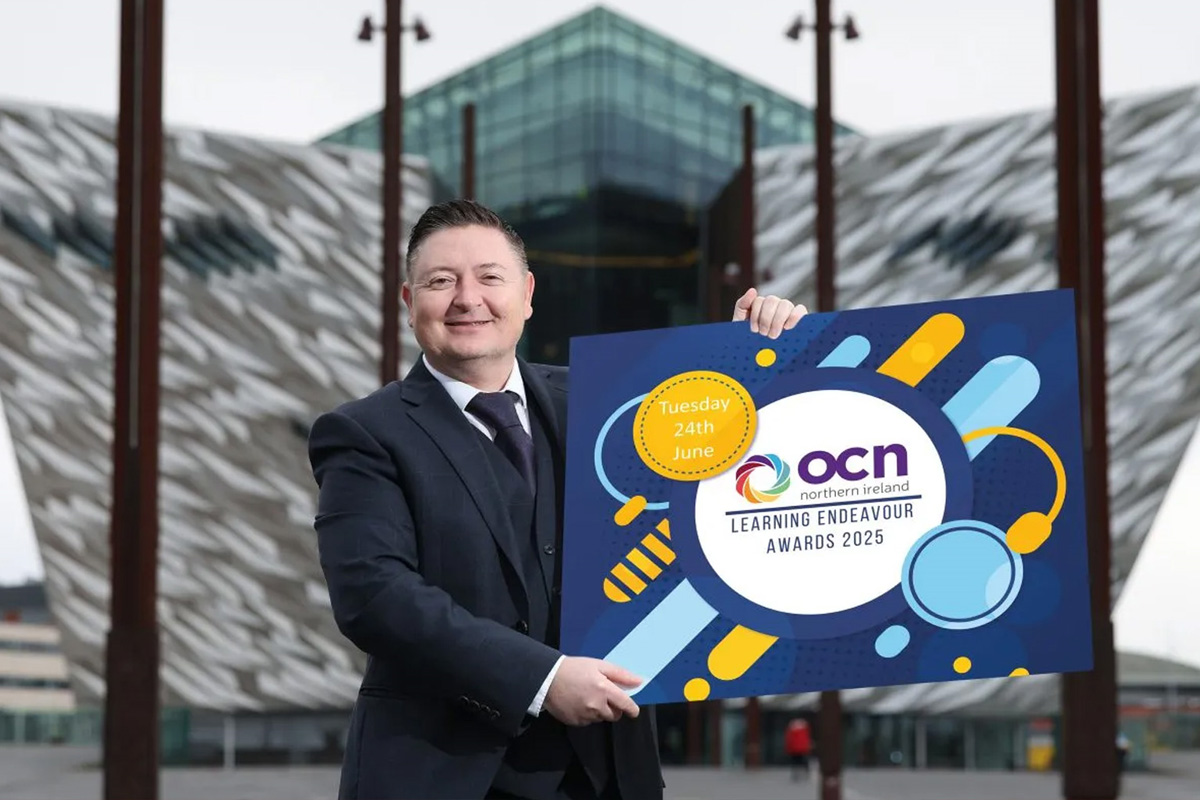

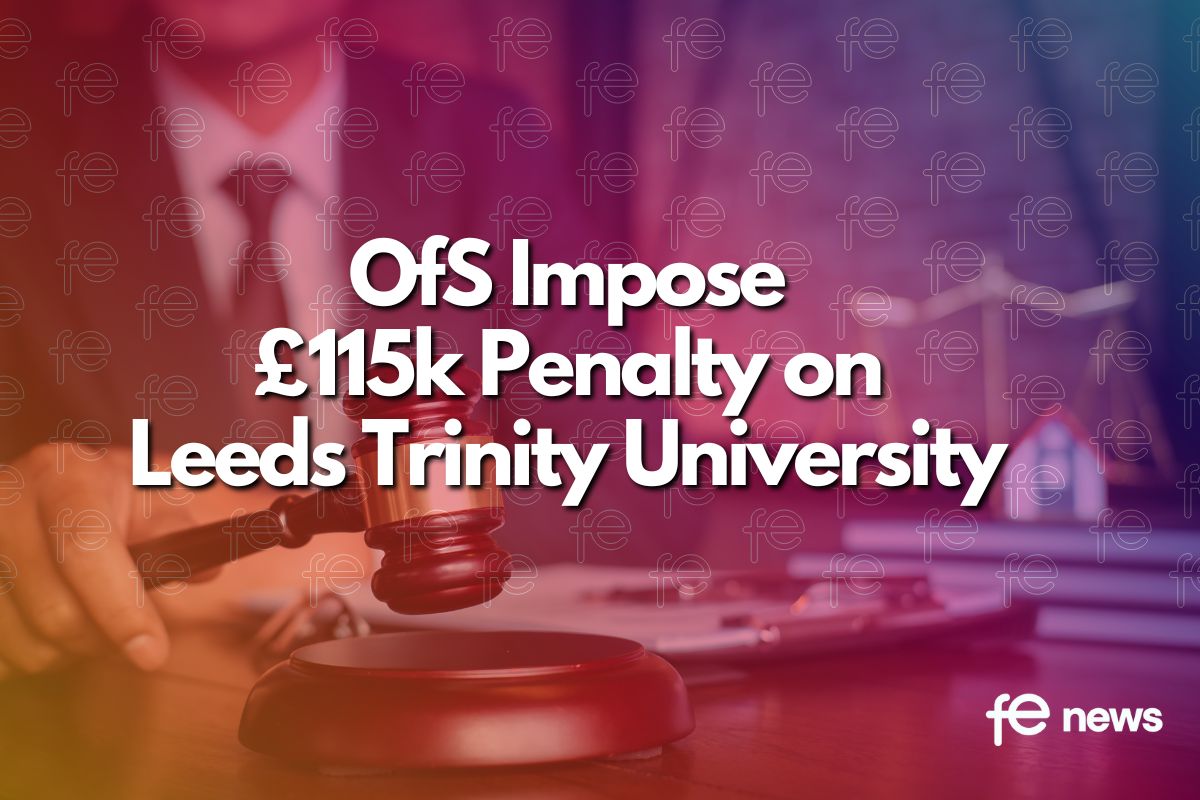

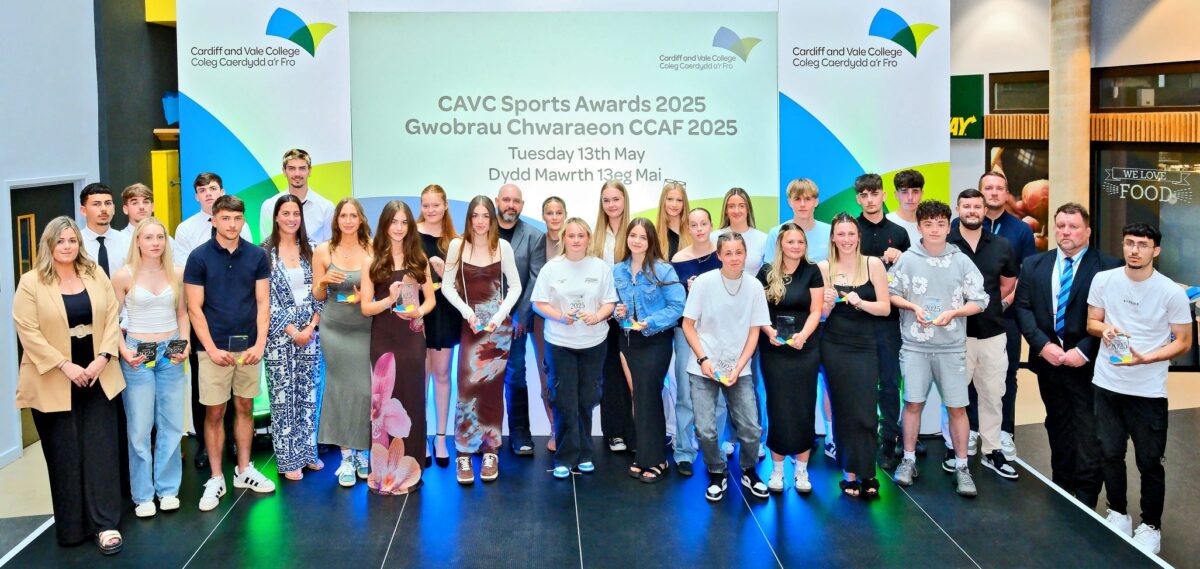
Responses